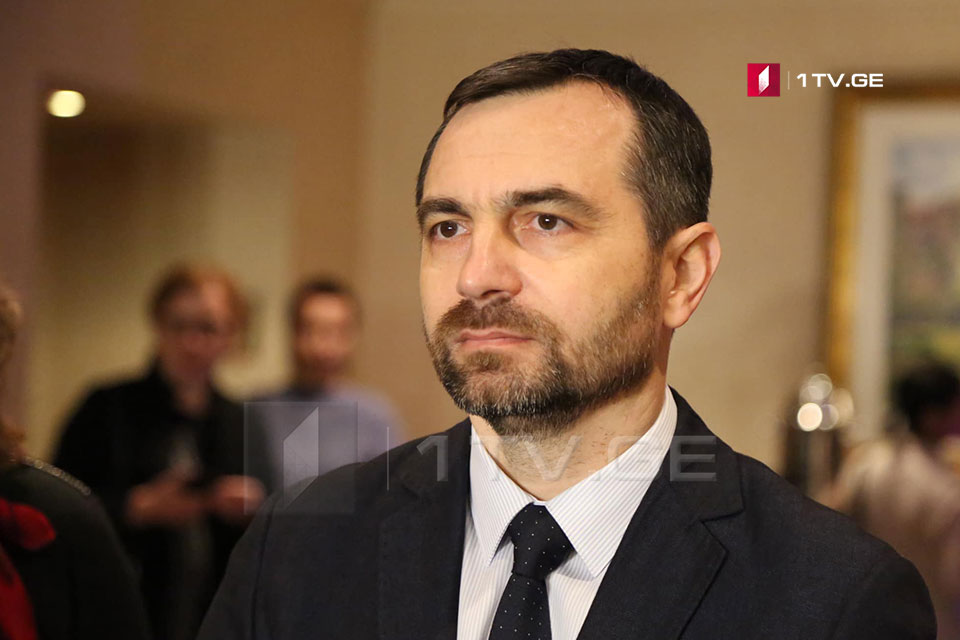Georgian First Channel interviews WHO representative over COVID-19 outbreak
The global number of people infected with the novel coronavirus has topped 100,000. Most cases were recorded in China. The increased number of COVID-19 cases outside China was reported in Italy and Iran. The number of patients who have recovered from the novel virus surged to 50 000. As for Georgia, two more cases have confirmed today, bringing the total number of infected to 15.
Georgian First Channel interviewed Silvio Domente, a representative of the World Health Organization over coronavirus outbreak.
– How would you assess Georgia’s readiness, how does Georgian gov’t implement the recommendations of the World Health Organization (WHO)?
– Since the COVID-19 outbreak, the Georgian government has developed an action plan that is in line with the WHO’s recommendations. Every country must be ready for the development of three possible scenarios. First, when it is imported from other virus-hit nations, happening now in Georgia, second when the local spread of the virus kicks off and third when the virus is transmitted and spread by the bulk of people.
– As for flights and travel, does WHO recommend suspension of the flights?
– The World Health Organization does not recommend travel or trade restrictions. However, it is clear that sovereign states have the right to do so. They are taking extra measures which should be explained for the WHO. Georgia took those measures and warned our organization. It should be noted that those have to be short-term measures. We hope it will be effective.
– Representatives of the World Health Organization visited China. Could you provide the latest news, which age group are most at risk from the novel virus?
– We do not own the latest figures for the time being. As fas as we know, most of the COVID-19 cases recorded in China. 45,000 cases have been examined. The most important thing we learned from this study is that 80% has got a mild version of the novel coronavirus, 10-15 % remain more severe, and the fatality rate is only 5%.
Patients above age 47 are at risk, however, the virus poses a threat to other age groups as well, as young patients died from the virus. You may also have heard that children are less likely to get the virus. However, we must be careful about this issue. Today, cases among children are rare which can be caused by several aspects including school closure in China, etc. The research is underway, therefore, it is too early to draw final conclusions.
– What medicines and methods are available for the treatment of the coronavirus today?
– There is no specific vaccine, medication or methods available against COVID-19 as yet. Doctors prescribe medicines according to symptoms. Under the WHO’s protocol, clinical trials of the antiviral drugs will launch in the nearest future.
– Can we assume that coronavirus is seasonal? To what extent does the environment and weather conditions affect it?
– This is a novel virus. We’ve been examining it for two months. It is impossible to say whether or not the temperature affects it as the coronavirus cases reported in the countries with cold and dry, hot and humid weather.
